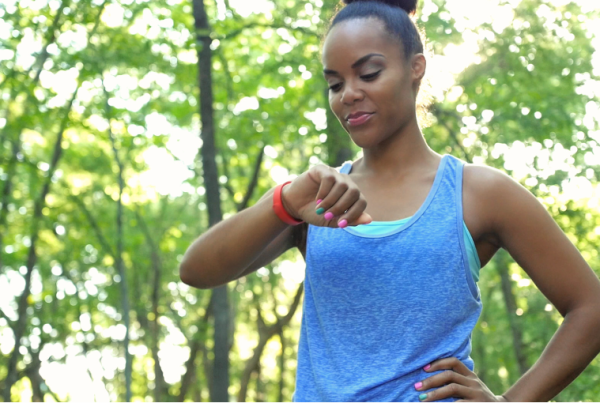At Specialised Health, we’ve spent years working with clients managing fatigue-related conditions—helping them track their recovery, regulate their energy levels, and improve their function. A key tool in this process? Heart Rate Variability (HRV) tracking.
But as we monitored HRV trends, we started noticing something interesting: HRV wasn’t just valuable for physical fatigue—it was revealing important insights into mental health as well. Clients struggling with stress, anxiety, and depression showed clear nervous system dysregulation in their HRV data, reinforcing what the research was already suggesting: HRV is a measurable reflection of stress and emotional well-being [1].
From there, Headstrong was born. Headstrong is a structured, exercise-based rehabilitation program designed specifically for individuals returning to work after time off due to mental health conditions. By combining movement, HRV biofeedback, and personalised pacing strategies, we help clients regain control of their energy levels and rebuild resilience—both physically and mentally.
What Makes Headstrong Different?
While mental health care often focuses on psychological interventions, the physical aspect of recovery is also crucial. Research consistently shows that structured exercise improves mood, stress regulation, and sleep quality—making it a powerful tool in managing conditions like depression, anxiety, and PTSD [2].
But Headstrong takes this a step further by incorporating HRV biofeedback—a strategy designed to support autonomic nervous system regulation, helping to manage physiological stress and build emotional resilience [3].
✅ Exercise for Mental Health
Movement plays a critical role in stress management, improving sleep, and enhancing cognitive function. Our focus isn’t just on fitness—it’s on helping clients rebuild confidence in their body’s ability to handle stress.
✅ HRV Biofeedback for Nervous System Regulation
Low HRV is often seen in individuals with chronic stress, anxiety, and depression [4]. By tracking HRV, we can help clients understand their physiological stress responses and use targeted breathing techniques and other lifestyle modifications to shift their nervous system into a more balanced state.
One participant shared:
“The biofeedback breathing has really helped with my social anxiety.”
Real Results, Real Impact
The feedback from Headstrong participants speaks for itself:
“This program has laid the foundation for me to get better.”
“I’ve been able to run without pain for the first time in months.”
“I really enjoyed the science-based approach to recovery.”
By addressing the physiological factors that influence mental well-being, Headstrong supports individuals in improving their health and building capacity for a sustainable return to work and daily life.
Stay tuned for next week’s blog where we dive deeper into how the program works!
Check it out, or make an enquiry via our website – https://specialisedhealth.com.au/headstrong-program/
References
- Goessl, V. C., Curtiss, J. E., & Hofmann, S. G. (2017). The effect of heart rate variability biofeedback training on stress and anxiety: A meta-analysis. Psychological Medicine, 47(15), 2578-2586.
- Ruegsegger, G. N., & Booth, F. W. (2018). Health benefits of exercise. Cold Spring Harbor Perspectives in Medicine, 8(7), a029694.
- Lehrer, P. M., Kaur, K., Sharma, A., Shah, K., Huseby, R., Bhavsar, J., & Smetankin, A. (2020). Heart rate variability biofeedback improves emotional and physical health in patients with major depressive disorder. Applied Psychophysiology and Biofeedback, 45(2), 73-86.
- Kim, H. G., Cheon, E. J., Bai, D. S., Lee, Y. H., & Koo, B. H. (2018). Stress and heart rate variability: A meta-analysis and review of the literature. Psychiatry Investigation, 15(3), 235-245.
Author: Tessa Nielsen



